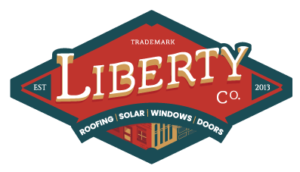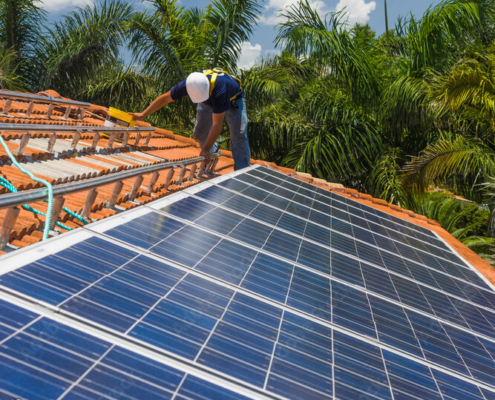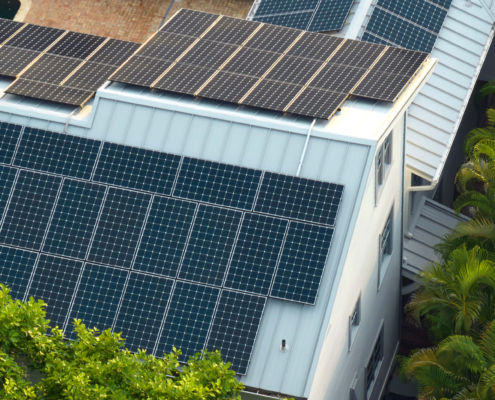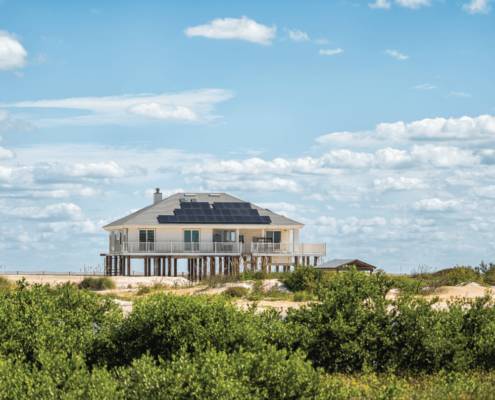SOLAR INSTALLATION
A home in South Florida is ideally situated to take advantage of solar energy. Homeowners can benefit greatly from adding renewable energy to their homes. With no money down required for installation, solar saves you money and reduces your electric bill over the long term. In addition, reducing your carbon footprint will have a positive impact on future generations. Whether you need solar or roofing services, we will be happy to assist you. Roofing systems built from shingles, metal, tile, and flat roofing can be fitted with rooftop solar systems. Ultimately you can count on all our team members to get you the best deal.






